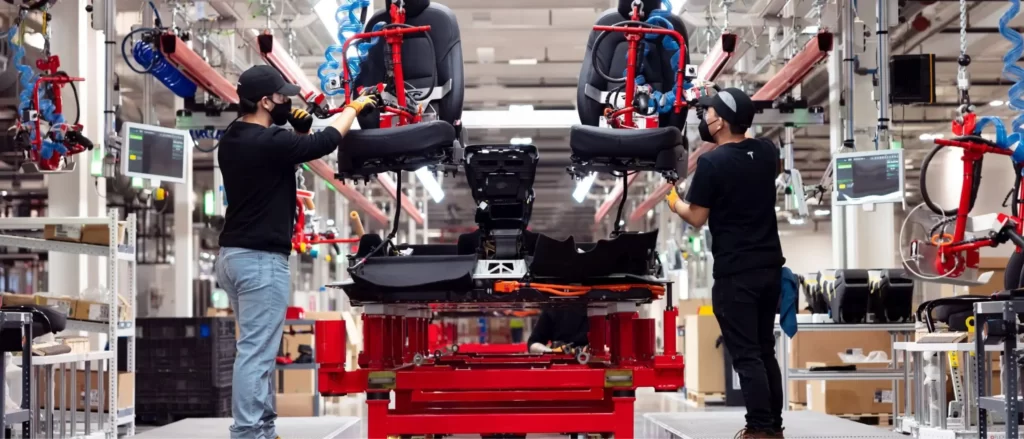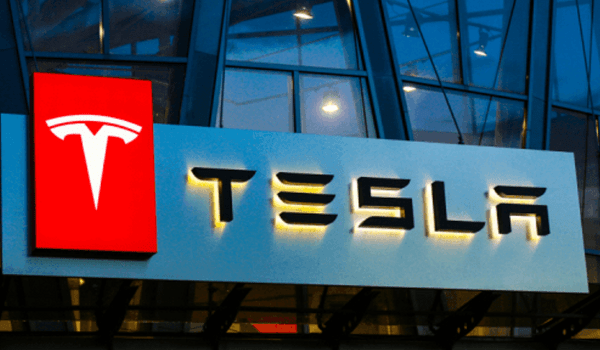Change in Tesla’s Compensation Approach Raises Questions
In an unexpected shift, Tesla Inc. has decided to forgo merit-based equity awards for salaried employees this year. While the company did not provide a specific reason for this alteration, several employees across different departments suggest that the change is widespread. Instead of merit-based stock grants, employees received modest cost-of-living increases and adjustments to their base salaries.
Table of Contents
Annual Performance Reviews: Departure from Tradition
Traditionally, during annual performance reviews, employees at Tesla would receive salary adjustments along with merit-based stock grants, enhancing their existing equity. However, this year, even high-performing individuals did not receive the usual merit-based grants, according to employees. Some long-term employees reaching the end of their four-year vesting cycle were still given stock “refreshers” to maintain competitive total compensation.

One-Time Deviation or Shift in Philosophy?
It remains unclear whether this deviation from the norm is a one-time occurrence or part of a broader shift in Tesla’s compensation philosophy. With a global workforce of 140,000 employees, Tesla has not provided any official response to inquiries. The company has a history of adjusting its approach to worker compensation in the past.
Elon Musk’s Emphasis on Stock Ownership
Tesla’s CEO, Elon Musk, has long emphasized the significance of employee stock ownership. Merit-based grants have been a crucial component, allowing the electric-vehicle giant to maintain high overall pay while preserving cash. Musk has credited this compensation method with helping the company resist unionization efforts.
“The challenge is: How do we retain great people to do the hard work of building cars when they have, like, six other opportunities that they can do that are easier?” Musk stated at the New York Times DealBook Summit, highlighting the company’s efforts to ensure prosperity by offering stock options to everyone.
Navigating Economic Challenges and Cost-Cutting Focus
Elon Musk, currently the world’s richest person, has expressed concerns about the global economy in 2023. He has criticized the US Federal Reserve for high interest rates and warned about the “terrible shape” of commercial real estate and rising credit card debt. Tesla’s CFO, Vaibhav Taneja, echoed the sentiment on a recent earnings call, stating that the company is prioritizing cost-cutting measures amid a “challenging economic environment.”
Tesla’s compensation strategy takes an unexpected turn, it raises questions about the company’s future approach to rewarding and retaining talent.



